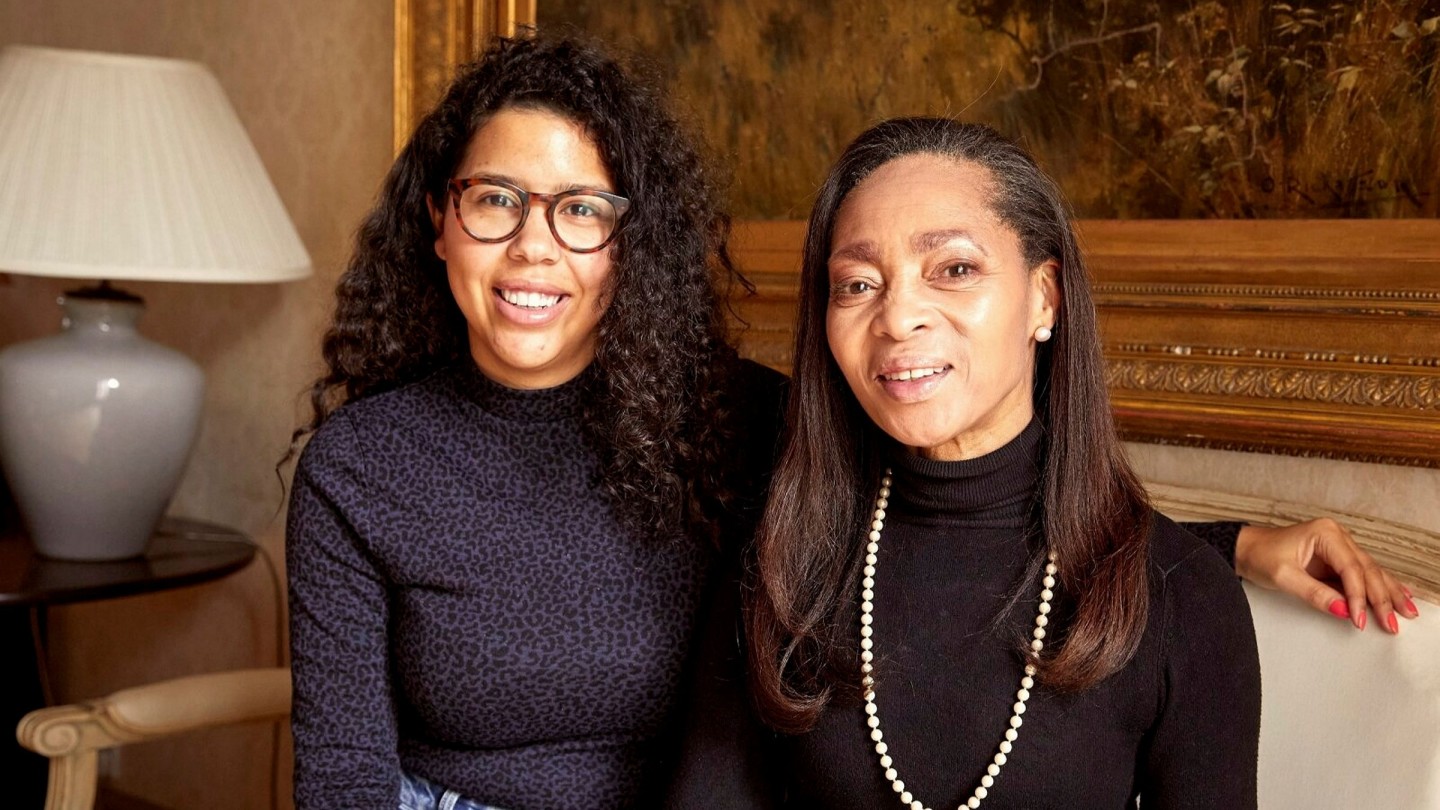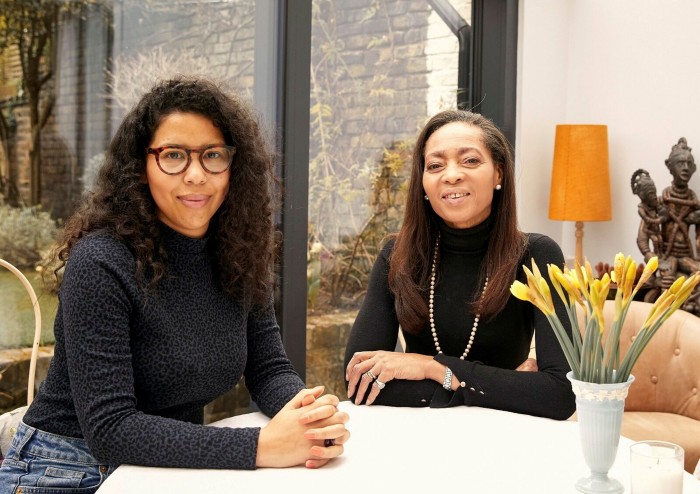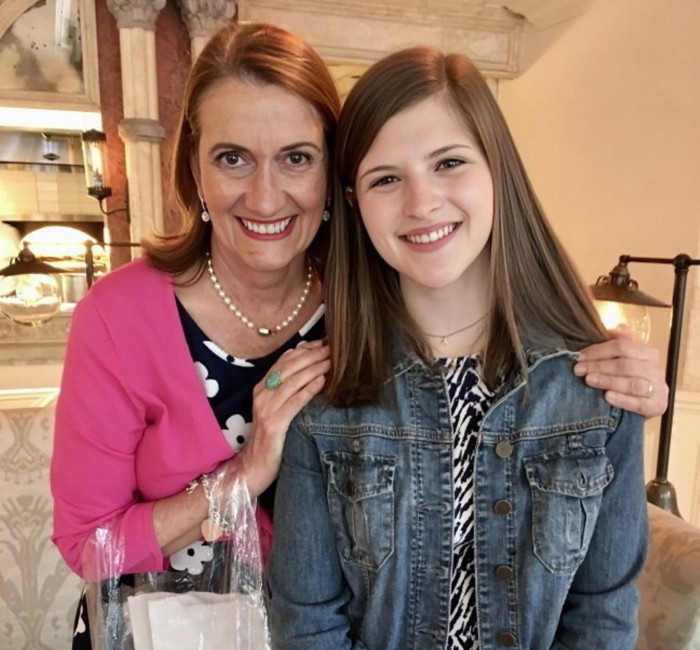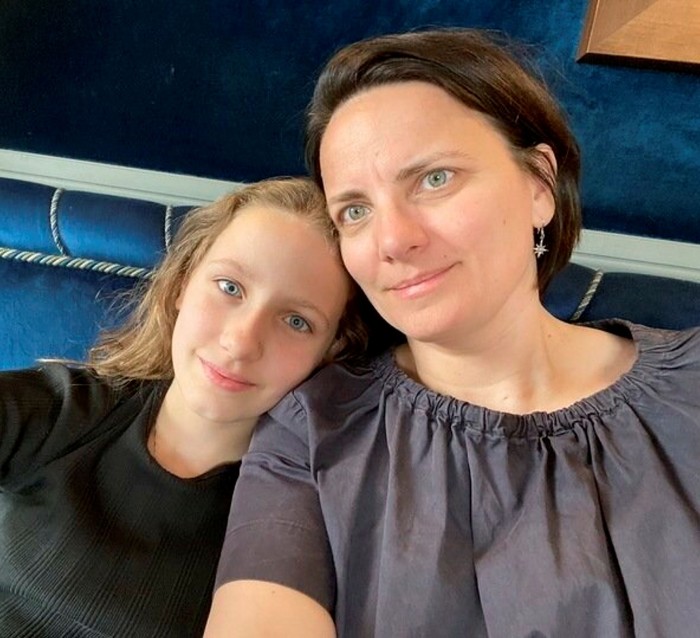How mothers shape their daughters’ careers

Roula Khalaf, Editor of the FT, selects her favourite stories in this weekly newsletter.
The main lesson Persephone Quarme took from her mother’s formidable legal career was that she did not want to emulate it. She was determined to replicate the level of success, certainly. But the demands of being a corporate lawyer? Not so much.
“I saw her work ethic and I thought, ‘wow, I want that’, but I [also] saw the hardships she faced,” says Persephone, 28. Her mother, Margaret Casely-Hayford, was the first black woman to become a partner at a City law firm and was director of legal services for the John Lewis Partnership for nine years.
Margaret, from a long line of lawyers that includes J E Casely-Hayford, a politician and influential figure in the movement towards Ghana’s independence, would love her daughter to have followed her into the profession. “Not just because of the family tradition, but also because I love the law,” she explains.
But there is another side to a legal career: long hours, heavy responsibilities and, in the early years, intense competition irrespective of gender. In that respect, the City could appear equitable. A superhuman work rate was a badge of pride. But that “go! go! go!” culture, she says, worked against women with childcare responsibilities.

Margaret recalls one colleague going into labour on her way to a meeting she felt compelled to attend. “We were still very much the main carers [of house and children],” she says. “We still are, but at least society has slightly pivoted now to recognise that.”
She was fortunate to have had a strong support system: her family — including a husband who helped at home — a nanny, and a PA to manage her diary. Many of her peers succumbed to burnout. In one devastating case, a colleague took their own life.
Persephone, an events manager at London’s Southbank Centre who also chairs the arts venue’s wellbeing committee, says hearing these experiences made her an advocate for work-life balance. “Even 10 to 12 years ago, those structures and pathways to support weren’t there,” she says. “What I have learned is, regardless of sector, I want to embed those values wherever I work.”
Both were influenced by Margaret’s mother Lena, who worked for cultural organisation the British Council, while raising four children. “One of the things she said was that if you give the child your values, then you’ve got a friend for life,” says Margaret. “And the only way you can give a child your values is if you spend enough time with them.”
Persephone says there is no doubt that her forebears faced gender- and race-based discrimination, which she has experienced, too. Her mother, she says, “has taught me that you will have to face these things in life, even though she has tried to protect me. Now, we can sort of face these things together.”
This chimes with the experience of Brooke Hailey, an executive recruiter at New York-based Madison-Davis, whose mother Susan Hailey is vice-president of global talent acquisition, at OpenText, the Canadian software company.
And Brooke had not just a working mother in her life, but also a formidable grandmother: Roberta Lyon, a single mother, had held a senior vice-president role at US bank Wells Fargo in the 1980s, when very few women were working in finance at any level.
This background, Brooke says, has prepared her to be ready if singled out or underestimated because of her age and gender. “If you go in knowing there are generations of women who have stood the test of time against those expectations, you can fight back a little bit,” she says.

Susan, whose first job was at IBM in the early days of the tech boom, feels lucky that she carved out a career in an industry that often felt ahead of its time, in terms of working culture.
“Growing up with a working mother in a professional level role with a lot of responsibility gave me a language . . . and a pathway to build a career,” she says. Now, she is inspired by the “bolder” young people she works with: “As millennials and Gen Z become leaders, it’s going to lead to a step change in business.”
Kathleen McGinn, a professor at Harvard Business School, has long studied the effects of being raised by a working mother. Her 2018 research, Learning From Mum, found that daughters — but not sons — were more likely to be employed, hold more senior positions and earn more than peers whose mothers did not work, largely by gaining more egalitarian gender attitudes.
If children who are raised by working mothers perceive certain gender roles playing out at home — for instance, observing their mothers doing most of the caregiving in addition to their jobs — then they will develop ideas based on what they have seen, she says.
And, if they come to the conclusion that what they have observed is not acceptable, “it can lead to the desire to create change and the impetus to reduce inequality, to the extent that you can through your own actions”.
This rings true for Dana Denis-Smith, who left a career at top City law firm Linklaters in 2007, and went on to start legal services provider Obelisk Support.
It was a logical solution to a problem, she says. Law firms were outsourcing work to overseas companies while, in the UK, highly skilled women were struggling to combine tough hours with raising a family.
The challenge, as Dana sees it, is that working mothers “want to be present”. “They want to be in their children’s lives and there is a lot of emotional involvement at home,” she says. “And being a leader also requires a lot of emotional energy.”

Dana, who grew up in Romania under dictator Nicolae Ceausescu’s communist regime, had seen her mother, Margareta Armean, surviving on barely any sleep. Life was a loop of night shifts at a “horrendous” factory job, getting three daughters ready for school, preparing meals, and hours spent farming.
Dana’s daughter, 12-year-old Alma-Constance, has already developed an interest in the law that began when she learnt that the age of criminal responsibility in England is 10. She now hosts a podcast, Kids Law.
“I am really proud of my mother, especially because she’s so unique in what she’s doing,” says Alma-Constance. “I can tell everyone about not only the law, but also about women in general.”
Dana, who also set up a project celebrating 100 years of women being able to practise law, says she tries to inform, but not burden, her daughter with the challenges women faced in the past. She does worry, though, about dangers facing her generation, such as misogynist influencers and artificial intelligence.
They recently decided to learn about chatbots together and started by asking one to name some great world leaders. It listed only men. “Why did you only tell us men’s names?” they asked.
The chatbot apologised and named female leaders such as former German chancellor Angela Merkel. They repeated the question, and then the chatbot offered women and men. Dana points out with glee: “We educated the chatbots around equality and leadership.”
Essay competition: win a free EMBA

The FT launches its annual Women in Business essay competition in partnership with the 30% Club and Henley Business School. The prize is a fully funded place on Henley’s part-time Executive MBA programme.
This year’s question is: ‘Affordable and flexible childcare is a challenge that concerns everyone. What role can employers and policymakers play?’
The deadline is May 22
More information: hly.ac/WiLscholarship
Comments